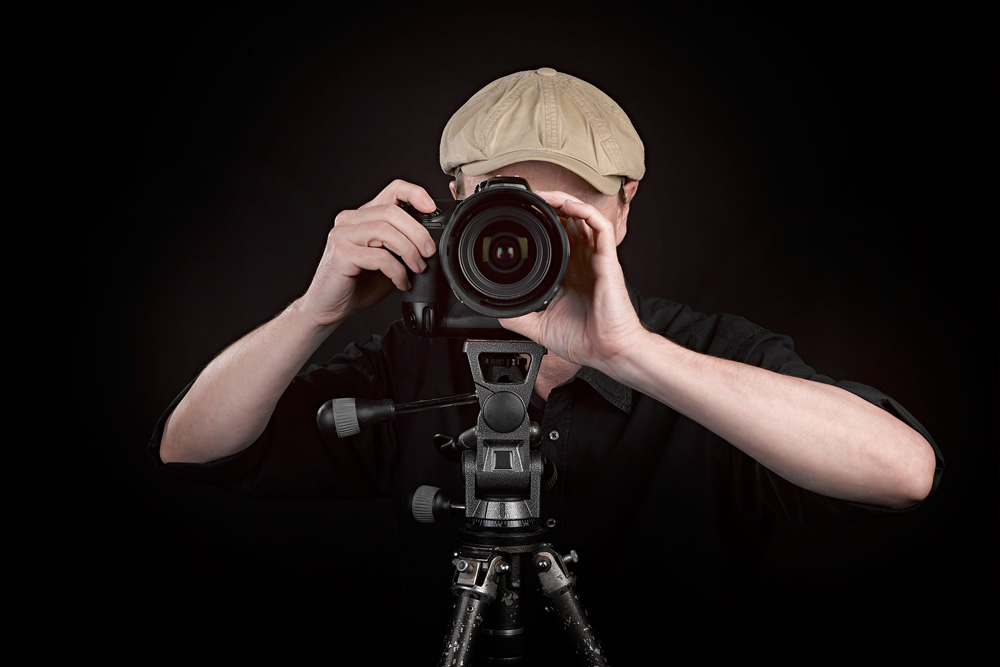Professional Photography
Professional Photography is a comprehensive course designed to equip students with the skills and knowledge necessary to excel in the field of photography. This course covers a wide range of topics, including camera operation, lighting techniques, composition, post-processing, and business practices. Through a combination of lectures, hands-on exercises, and practical assignments, students will learn how to use different types of cameras and lenses, manipulate lighting to create desired effects, compose visually appealing images, and edit photos using industry-standard software. In addition to technical skills, this course also focuses on developing a creative eye and understanding the principles of visual storytelling. Students will have the opportunity to work on various projects and build a portfolio that showcases their unique style and abilities. The business aspect of professional photography is also covered in this course, including marketing, pricing, and client management. Students will gain a solid understanding of how to run a successful photography business and establish themselves in the industry. By the end of this course, students will have a strong foundation in professional photography and be prepared to pursue a career in various fields such as fashion, advertising, journalism, or freelance photography. Whether you are a beginner or an experienced photographer looking to enhance your skills, this course will provide you with the tools and techniques to take your photography to the next level.
English
Last updated
Fri, 31-May-2024










